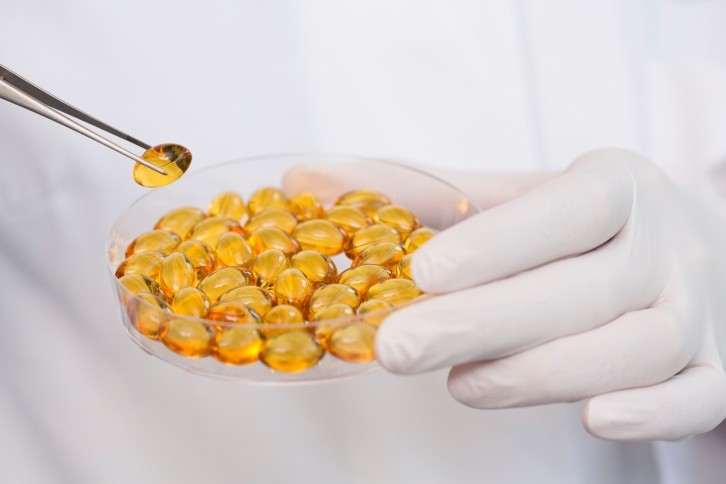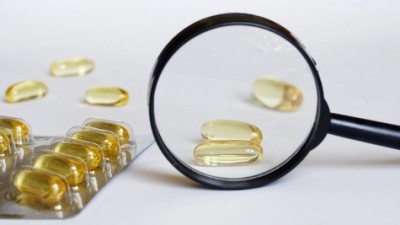Omega-3 opportunity: Australia’s BiomeMega taps on fermentation and AI to create probiotic-derived Omega-3

Omega-3 oils were derived from probiotic bacteria obtained through the precision fermentation process of wild bacterial extracts found in Australian soil and waters.
The probiotic bacteria were a coincidental discovery from a fertiliser project for a tomato orchard to extend the shelf life of crops.
“We learnt that our probiotic bacteria in the extracts were producing little pockets of omega six, seven and nine molecules. When we look back into our arsenal of 1000 environmental microorganisms, we found that some of them also produce organic acids like fatty acids and amino acids, as well as esters.
“We did not want to leave it as selling probiotic bacteria. We could take the probiotic bacteria and brew it to obtain these molecules. We wanted to combine all of these things to develop a new nutraceutical formulation,” said BiomeMega’s CEO Dr Gustavo De Cerqueira.
AI meets precision fermentation
Dr De Cerqueira also highlighted about artificial intelligence (AI)’s potential in new product development in extending “our [human] limit of detections or our ability to understand certain gene functions.”

“AI is a fundamental tool for us to go back to the list of gene sequences and predict their potential functions in the industry that haven’t been tested before.
“Having the know-how of bioinformatics enables us to tap on the existing knowledge base and new genes we’ve discovered in the wild, and combine them to stimulate natural variability in-vitro to give us new variants.”
In the case of precision fermentation, AI customises the inputs that go into the process based on a desired outcome, such as what and how much nutrients go into the fermentation at a particular stage of bacterial growth.
Additional benefits of probiotic-derived Omega-3
A probiotic-derived Omega-3 gives you more than just Omega-3, said Dr De Cerqueira. The precision fermentation process could improve the nutritional value and bioavailability of Omega-3.
“Docosahexaenoic acid (DHA) or eicosapentaenoic acid (EPA) found in Omega-3 are delivered to the body in a different way when Omega-3 is obtained via precision fermentation. It’ll stimulate the specific cells in the body.
“The bacterial culture also delivers additional benefits. Besides Omega-3, you get short-chain fatty acids, amino acids, and quorum sensing molecules, which are biological components that promote human and animal health.”
Dr De Cerqueira pointed that while there are plant-alternatives to Omega-3, they are presented with low bioavailability and high production costs as they are grown in bioreactors.
The demand for Omega-3 continues to grow to bridge the Omega-3 nutrition gap and sustainability concerns around fish-derived Omega-3.
“Bearing all these industry opportunities in mind, we also don’t think consumers will be always interested in fish-derived Omega-3. For some, there’s a taste issue with fish products. Fishing will not have to as intense as well.
“Therefore, new technologies become crucial to deliver Omega-3 to replace its environmental impact. It’s also about delivering better Omega-3 that works, and becomes accessible to everyone by reducing its costs,” Dr De Cerqueira added.
Expecting launch in 2027
The firm hopes to pass regulatory requirements and launch its first commercial product by 2027.
It shared that it recently partnered with Australia’s national research agency CSIRO on a programme to prepare the research term to be market-ready, and is currently focused on a capital raise to fund clinical trials for its supplement product.
It is also keeping a lookout for global industry partnerships to develop new products beyond oral supplements, such as cosmetics and pet food.



















